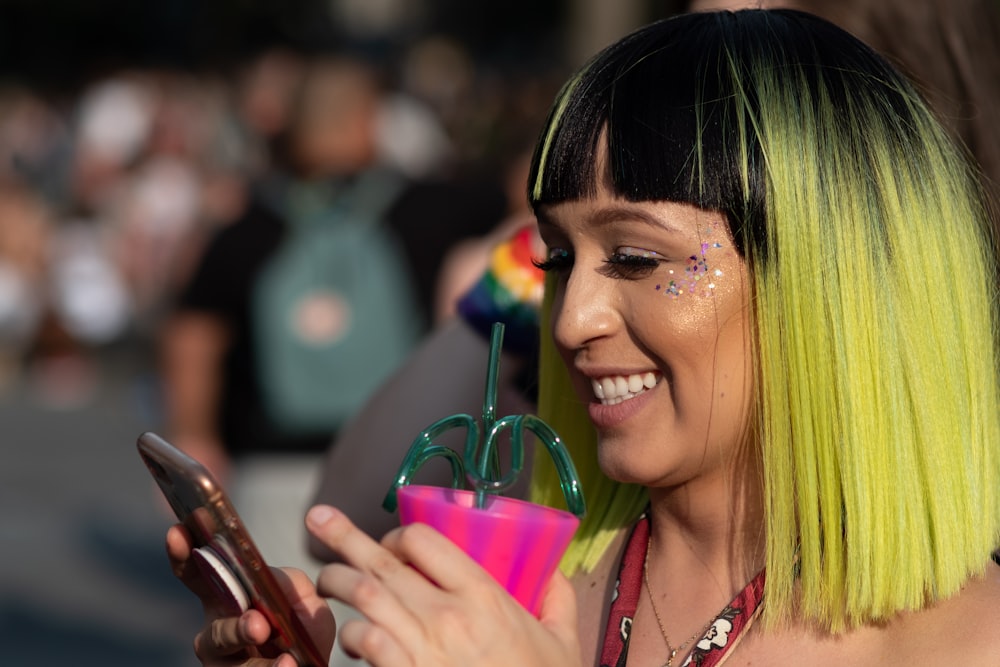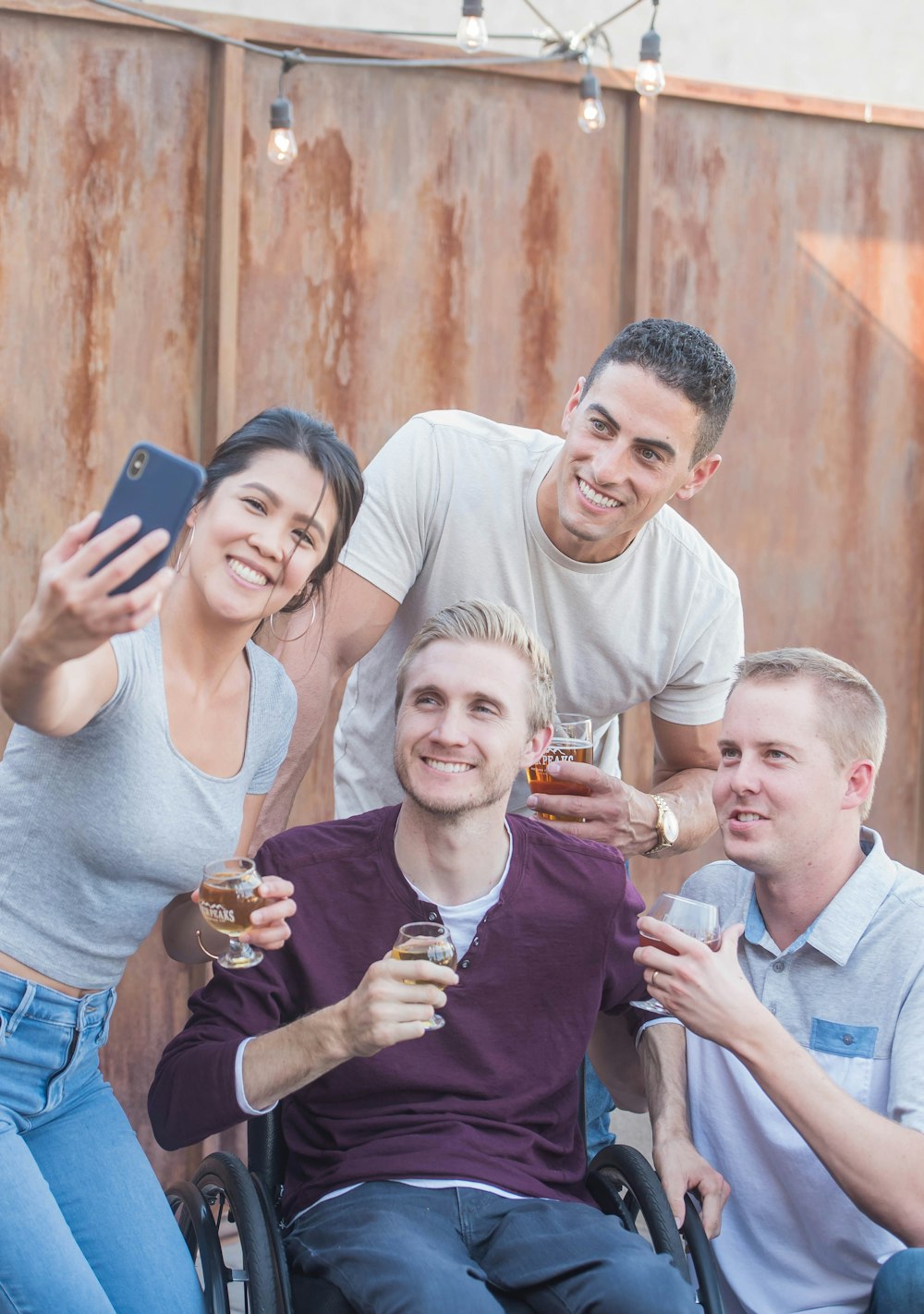What’s the Psychology Behind the Influencing Industry?
A successful marketing strategy lies in cracking the human behaviour code. Marketing has always been a psychological process of understanding human perceptions, conducts, and practices. One of the spellbinding aspects of human behaviour is that it constantly changes with new-fashioned divulgences.
While keeping up with these constant changes is the backbone of marketing, it has wheeled in a new line of thinking in the form of influencer marketing, where human behaviour practically drives its success.
New-age audiences are more online than offline, like never before. Tapping into their online influence has been the greatest boon for influencer marketing. If you think about it, influencer marketing has always been a part of the digital market, but in the past few years, it has grown to become much more powerful because of people’s changing behaviour. An integral part of human psychology is that we always seek connections and similarities in the world we live in. It’s reflected in our online interactions and the way we consume information. Our cognitive biases make decisions for us every single second of the day and influencer marketing has made use of this.
Our influence is, in a way, based on our cognitive biases. When we share the influence, we make connections around us. It’s common for people to aspire and like the influence they come across, which is how leading influencers in the digital ecosystem manages to garner a lot of response and engagements through their content.
The psychology of influence has paved the way for influencer marketing to become one of the greatest marketing tools the digital world has ever witnessed. If you’re interested to know more, here’s how influencer marketing works wonders, psychologically.
The More You Desire, The More Influenced You Are
We all follow prominent names in the influencer industry because we aspire to become like them. It’s as simple as wanting to become an actress because of Aishwarya Rai’s evergreen fandom and celebrity status. When we follow influencers, we gradually tend to look up to them as trusted sources or experts in their field. The decisions they make impact the decisions their followers will make.

In general, people do tend to follow influencers way of living because of the authenticity they promise. Brands have understood the power of their influence. By making influencers their brand ambassadors, brands have found a single-shot way of talking directly to their customers – through influencer marketing.
Halo Effect
Our impression about influencers directly (or indirectly) affects our perception about them. For instance, when we’re constantly consuming the content and the lives of a particular influencer, we subconsciously end up perceiving their behaviour as trustworthy. Very often, influencers change into role models. The followers of influencers legitimately change their behaviours and choices according to the influencer so as be part of their club.

Marketers bank on this outpouring of positive emotions and behavioural patterns from audiences to spread their brand message. It’s a great tool to create brand awareness and earn their loyalty.
Closer The Better
A decade ago, we all looked up to celebrities for all kinds of inspiration. However, there was one thing that lacked – a proximal emotional connect. While celebrities have earned a great follower base, people are of the belief that they feel more connected with influencers because of the social distance.

Put differently, they don’t look up to influencers the way they look up to celebrities. Influencers ooze a very ‘people next door’ vibe. They make their followers feel comfortable and welcome by opening up their lives to them. Followers, therefore, are more engaging and want to know more of their influencer’s private lives.
Influencers have mastered the art of personalising and that caught on to become the cornerstone of influencer marketing.
Social Proof
The difference between traditional marketing and new-age marketing is social proof. Traditional forms of advertising never really revealed an end-to-end utilization of their products or services. New-age marketing, on the other hand, has connected the dots of influence by employing people to promote products and services through product placements and usage videos. When influential voices promote brands, they’re contingently pledging for them. Their followers watch them utilize branded products and services, which they eventually try out. To see them in action makes them more believable. The social proof promised by influencers helps brands grow their business online and gain new audiences.

In people’s minds, influencers are connoisseurs in their field, highly knowledgeable of the content they share. This itself is a determining factor that affects consumer choices. Brands capitalize on their social influence and expertise to sell their story.
The business of influence is more about creating effortless connections and prioritizing people’s needs over anything else. Building relationships through stories have now become the best form of marketing and it all came down to people’s behavioural patterns. Influencer marketing has helped nurture it into a great form of communicating messages across people.



